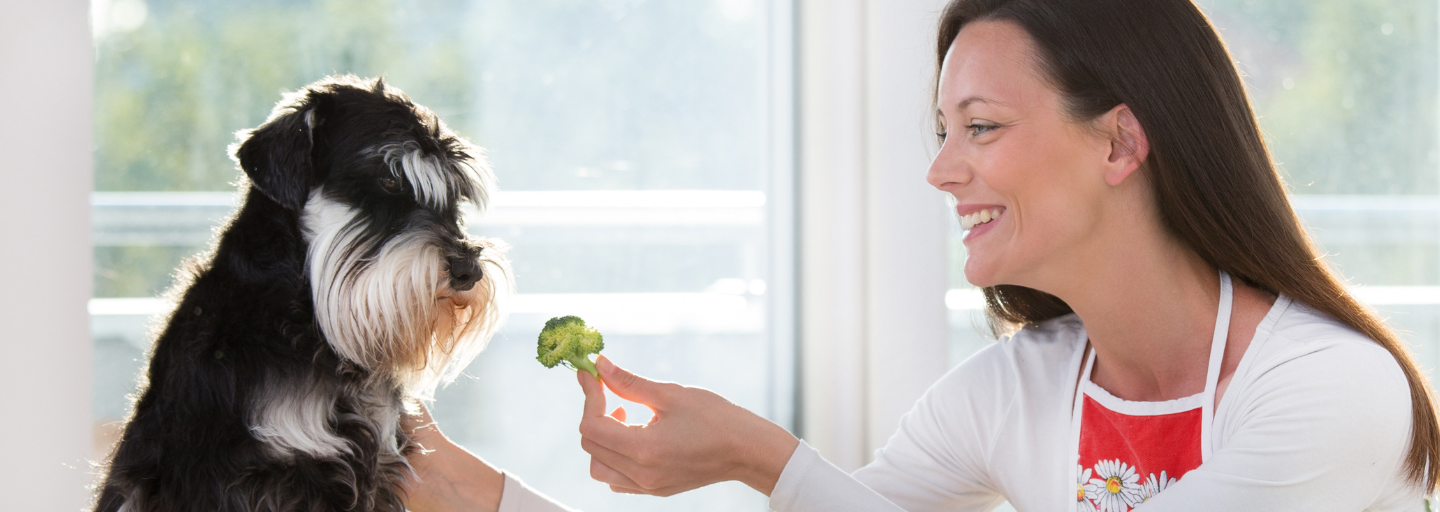In recent years, there has been a growing interest in homemade dog food as pet owners seek to provide their furry companions with a more personalized and natural diet. While the idea of preparing meals for your dog at home may seem appealing, there are several common misunderstandings surrounding homemade dog food that need to be addressed. In this article, we will debunk some of these misconceptions and provide you with accurate information to make an informed decision about your dog's diet.
Misunderstanding 1: Homemade dog food is always healthier than commercial dog food.
Fact: While homemade dog food can offer certain benefits, it is not inherently healthier than commercial dog food. Both options have their pros and cons. Commercial dog food undergoes rigorous testing to ensure it meets the nutritional requirements of dogs. Reputable brands, like Purina invest in research and quality controls to provide claims that meet a complete and balanced diet. Homemade dog food, on the other hand, requires careful planning and knowledge to ensure it meets all the necessary nutrients. Consulting with a veterinarian or a veterinary nutritionist is crucial to create a well-balanced homemade diet that meets your dog's specific needs.
Misunderstanding 2: All homemade dog food recipes found online are safe and nutritionally complete.
Fact: Not all homemade dog food recipes found online are safe or nutritionally complete. Many recipes lack essential nutrients, such as vitamins, minerals, and amino acids, which are vital for your dog's overall health. Some recipes may also include ingredients that are toxic to dogs. It is essential to consult with a veterinary professional who can guide you in creating a balanced homemade diet tailored to your dog's specific requirements. They can ensure that the recipe provides all the necessary nutrients and is safe for your dog to consume.
Misunderstanding 3: Homemade dog food is more cost-effective than commercial dog food.
Fact: Homemade dog food can be more expensive than commercial dog food, depending on the ingredients used. While it is possible to prepare homemade meals using affordable ingredients, certain nutrient-rich foods may come at a higher cost. Additionally, creating a balanced homemade diet requires supplements and regular veterinary check-ups to ensure your dog's nutritional needs are being met. Commercial dog food, on the other hand, offers a range of options at various price points, making it more accessible for pet owners with budget constraints.
Misunderstanding 4: All dogs can thrive on a homemade diet.
Fact: Not all dogs can thrive on a homemade diet. Dogs have different nutritional requirements based on factors such as age, breed, size, and health conditions. Some dogs may have specific dietary restrictions or allergies that need to be taken into account. It is crucial to consult with a veterinarian or a veterinary nutritionist to determine if a homemade diet is suitable for your dog. They can assess your dog's individual needs and guide you in creating a diet that meets those requirements.
Misunderstanding 5: Switching to a homemade diet does not require any transition period.
Fact: Switching your dog to a homemade diet should be done gradually to avoid digestive upset. Abruptly changing your dog's diet can lead to gastrointestinal issues such as diarrhea or vomiting. To ensure a smooth transition, gradually introduce the homemade diet by mixing it with your dog's current food over a period of 7-10 days. This allows your dog's digestive system to adjust to the new diet gradually.
While homemade dog food can be a viable option for some pet owners, it is essential to separate fact from fiction when considering this dietary choice. It is crucial to consult with a veterinary professional before making a homemade diet tailored to your dog's specific needs.



